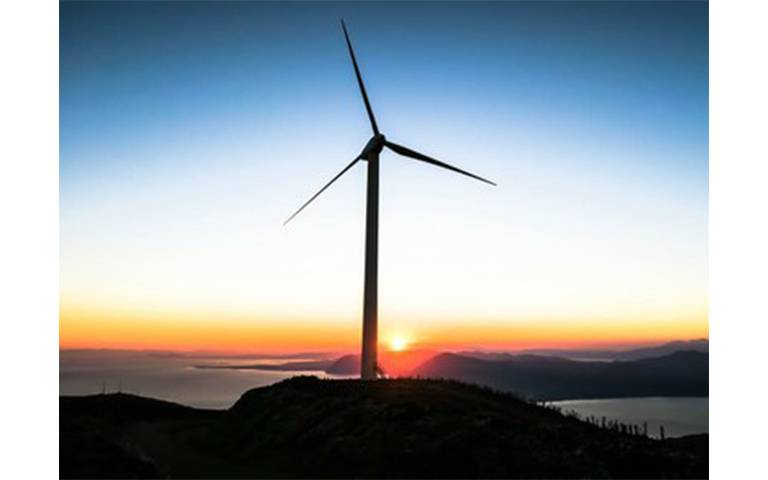US green economy growth dwarfs Donald Trump’s highest hopes for fossil fuels
31 October 2019
Wide publicity for Georgeson and Maslin’s case for focusing investment on green sectors

In an already widely cited study published in Palgrave Communications, Dr Lucien Georgeson and Professor Mark Maslin show that the size of the green economy and employment in the US grew by 20% between 2013 and 2016. This represents an additional 1.5 million jobs, as coal industry employment fell by 37,000 during the same period.
In spite of this, Donald Trump’s electioneering ‘America First Energy Policy’ suggested that 400,000 jobs could be created over the next 30 years in the fossil fuel sector.
Mark comments,
“The green economy is of huge importance to the US both in terms of economic growth and employment. Further investment in the fossil fuel industry is incompatible with economic trends, and could end up damaging the US economy as other countries invest more heavily in their green economy.
"Given the climate change emergency and the employment slump in the fossil fuel industry, it only makes sense that future investment should focus on growth in the green sector.”
Using estimates of revenue and employment across 24 economic sub-sectors, including renewable energy, environmental protection and low-carbon goods and services, the scale of global green economy revenues was at least $7.87 trillion in 2015/16. Over the last five years, green companies also generated higher global returns than the stock market average.
The US is currently the largest market in the global green economy, with a 16.5% share. Its green economy also employs an estimated 9.5 million people, proportionately more than the international average, and earns higher per capita revenues, including strong growth, particularly in consultancy and wind energy.
In spite of the current scale of the US market, other major economies have the capacity to expand and compete internationally. China, for example, aims to generate 13 million clean energy jobs by 2020 and is positioning itself as a new leader in the international climate debate.
Lucien said:
““Our analysis suggests that the case for driving economic growth and job creation through fossil fuels is weakening.
"In order to support the development of the green economy, the US needs to focus its attention on designing appropriate economic, environmental and education policies. This should be supported by commissioning and publishing green economy data, which the US Federal government has not done since 2013.”
The research draws on the Low Carbon and Environmental Goods and Services Sector dataset produced by kMatrix Ltd. The figures take into account supply chain businesses and employees.
The research was funded by the Economic and Social Research Council, Natural Environment Research Council and the Royal Society
See
- New Scientist
- Bloomberg main news
- Bloomberg Environment and Energy Report
- CNBC
- Aljazeera
- Science Business
- The Science Times
- The Conversation
- UCL News (also tweeted from @uclnews)
- kMatrix
 Close
Close

